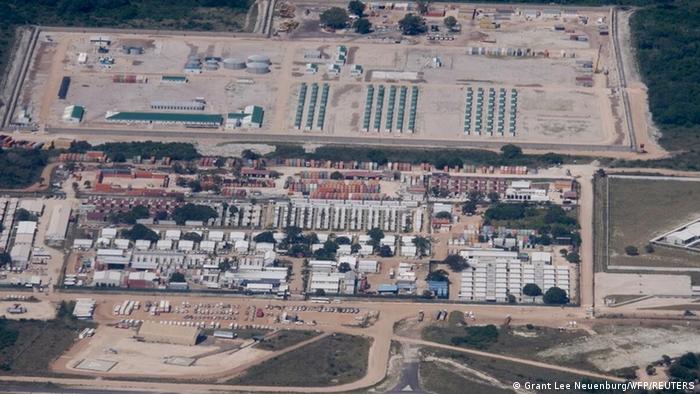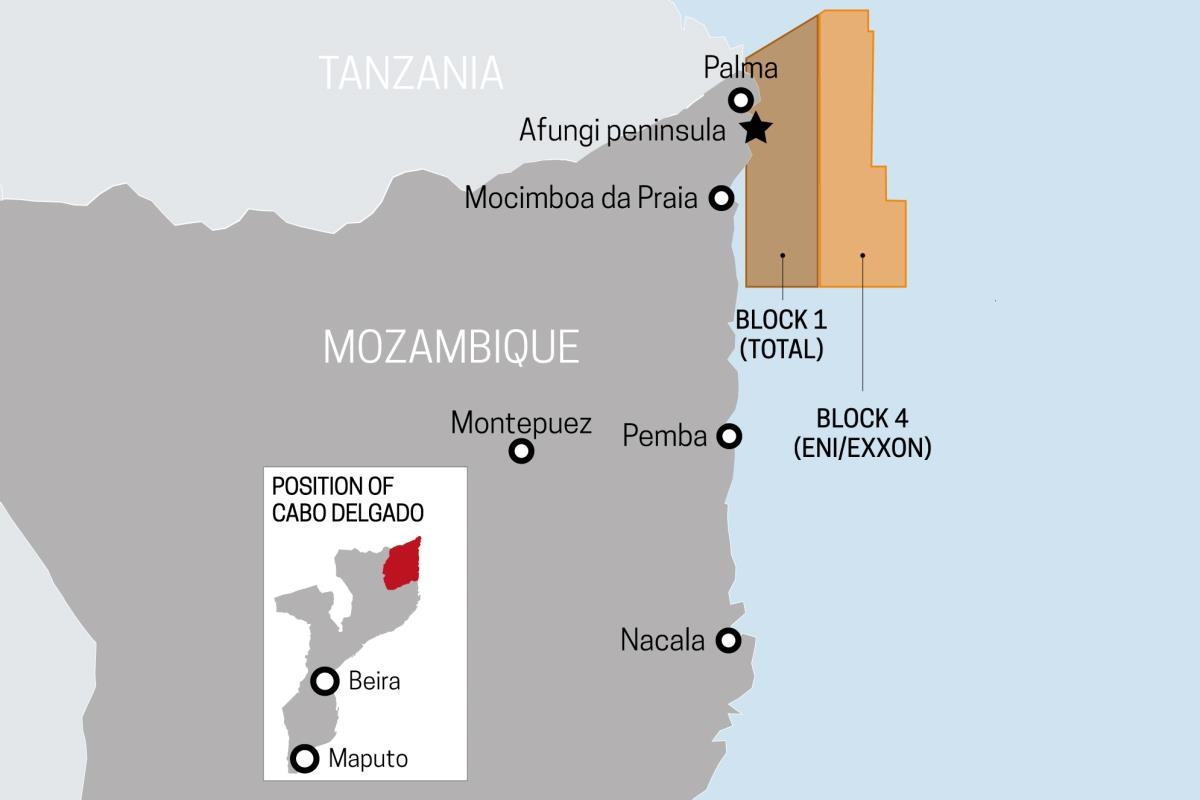In recent weeks, Rwandan and Mozambican soldiers have retaken Cabo Delgado province in northeastern Mozambique from insurgents. This military operation, staged by the rulers as a blow against "Islamists," was in fact directed against the deepest and broadest masses.
Because they are the base of the uprising, directed against a lackey government that has long since sold the oil-rich region to the imperialists. As everywhere in the oppressed nations, the masses there do not benefit from the wealth of resources but, on the contrary, are treated only as a disruptive factor for its exploitation. This contradiction ignited the rebellion of the often young unemployed, who are tired of the increasing poverty. They have driven out a state that for them means above all a lack of development and encroaching security forces that enforce the interests of foreign corporations. To discredit the insurgency, alleged IS connections were inflated; the Yankees even cheekily speak of "Isis Mozambique." Yet even the bourgeois BBC judges that the insurgents have no real religious agenda, but are fighting the state. On the basis of this rotten legitimation, the Rwandan army, among others, was brought into the country to reconquer the stretch of land on which the French Total corporation has made investments worth $20 billion.

Closed due to uprising: Totals gas production plant in Afungi
This case is exemplary for the current military strategy of the imperialists, under the slogan "war against terror" they set masses against masses. They forego the unpopular sacrifice of their own soldiers and limit themselves to logistical support. In this case, the dirty work has been done by soldiers from Rwanda, Mozambique, Botswana and South Africa, while the EU has committed itself to a two-year training mission for Mozambique's military. But this victory is not permanent. The rulers cannot resolve the contradictions that have the masses taking up arms. For now, the insurgents have lost and are retreating from the region's key cities. What remains, however, is the close connection to the local population and the neighboring dense jungle, two circumstances that offer great potential.

